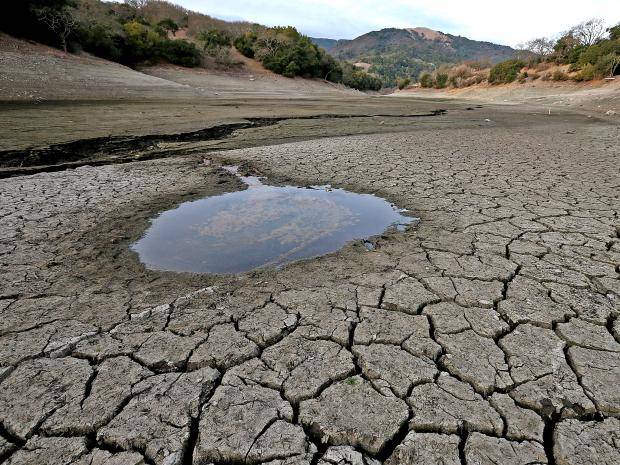
Climate change: Why we should want to consume less
by Maria Atter
You may have heard the warnings from climate change scientists in news bulletins, through videos or while reading. In any case, even if you have managed to evade the details of what can be a scary and worrying topic, it would be a struggle to find someone who is completely unaware. Climate change is arguably becoming one of the most expansive and topical problems of this century and is likely to only become more relevant as time progresses.
To provide a brief overview of the most relevant background details, it is important to be aware that: there is a significant connection between human activity and the accumulation of greenhouse gases (Co2, methane) in the atmosphere, which correlates with the rising land, air and sea temperatures around the globe. Specifically, the human activities contributing to these increases are primarily that of transport, animal agriculture, the globalization of industry and the use of non-renewable energy sources (namely coal and gas power stations).
The results of such activity have been extensive: There has been an increase in more extreme weather; climate change has led to the extinction/threat of extinction for many species (through global warming and the destruction of habitats), and food and water security has become increasingly difficult for people in many communities around the globe. It has been estimated that extreme weather caused by climate change could result in 150,000 deaths per year in Europe by the end of the century. With this is mind, it is very important that there is a global effort to reduce the impact of human activity on the environment.
Making a change to our social habits is important in reducing the effects of global warming and preventing further harm to the environment, but it is also a feminist, class and race issue. This is the case because climate change so far has disproportionately affected the most impoverished demographics the worst, particularly those living in the Global South, meaning that for the most part it is poor people of colour who are suffering the brunt of the problem. In terms of it being a feminist issue, this is largely the case because environmental issues affect women in the Global South differently to men, as women are often responsible for providing their family with provisions like food and water, and are often employed in agricultural labour. If climate change affects the agriculture industry (and thus their employment) this may lead to increased poverty and problems in attaining provisions, which in turn could lead to worse diets and health issues.
Arguably the case for changing our patterns of consumption is strong- it would benefit the environment, the other species on the planet, and the disadvantaged social demographics within society. Part of the current problem may indeed be that a large proportion of the world have become comfortable and used to leading lives that involve mass consumption and all that it entails: a stream of new products, some of which may be unneeded/not useful. The idea of ‘success’ and the upkeep of an impressive public image are linked to accumulating possessions and travelling to far-away or luxurious places, all of which promote consumption and pleasure at the consequence of the environment.
The state of current affairs seems to suggest that an uncomfortable reality check may be necessary for society to embark on a social reorganisation that could vastly help in addressing the problems of climate change.
We specifically need to be consuming less of certain products and resources, for example, those that rely on non-renewable energy to be produced. Scientists have suggested investing in green, renewable energy, putting caps on the amount of Co2 emissions that countries can release and focusing on making vehicles and buildings more energy efficient.
However, in order to make certain changes that would prevent further environmental degradation, the public may need to enact a U-turn in terms of consumption levels. This involves individuals making personal efforts to reduce their carbon footprint. In comparison to the current modern society we have, in which people strive to always be producing and acquiring more, this reorganisation of social life may at first feel regressive because modern societies are used to high levels of consumption, speed, excess and waste. Acquiring less and living more frugally may not fit into current notions of being successful and progressive, but it would be hugely beneficial to the planet we depend on.
References
Johnston, I. (2017). More than 700 species facing extinction are being hit by climate change.The Independent. [Accessed 6 March 2018].
Griffin, A. (2017). Extreme weather could kill 150,000 people each year in Europe by the end of the century, say scientists. The Independent [Accessed 6 March 2018].
Vinas, M-J. (2018). Unusually warm winter breaks up sea ice in the Arctic. NASA Global Climate Change . [Accessed 6 March 2018].
Johnston, I. (2017). World must hit zero carbon emissions ‘well before 2040’, scientists warn. The Independent . [Accessed 6 March 2018].

0 Comments